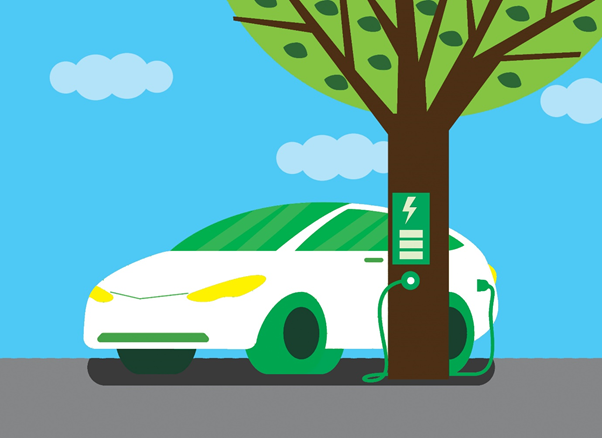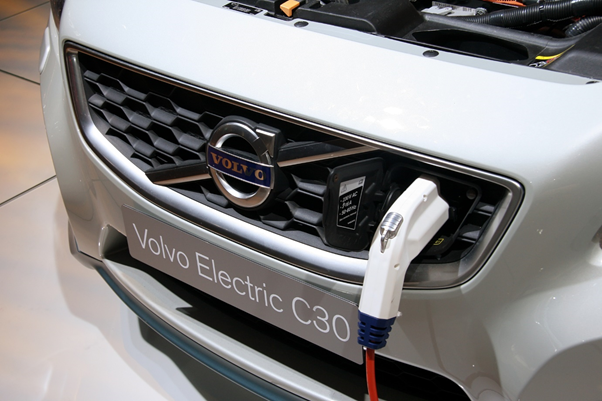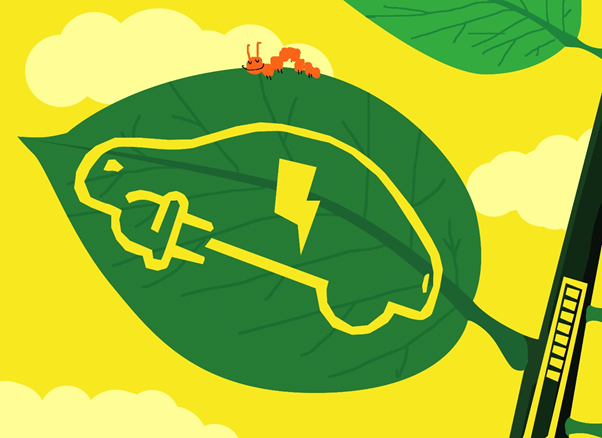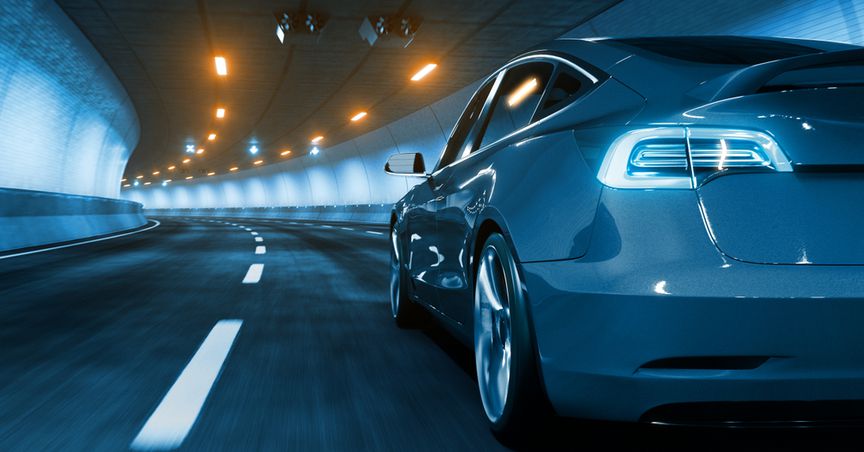Source: temp-64GTX, Shutterstock
Summary
- Public and investor sentiment indicates that EVs would be the future of private transport.
- Government regulations coming into force worldwide is helping to accelerate the adoption of EVs and forcing automakers to reconsider producing combustion engine vehicles.
More and more legacy automakers are stating their intention to stop producing petrol powered vehicles very shortly. It appears the legacy automakers have seen the writing on the wall - electric vehicles will be the future.

Source: Copyright © 2021 Kalkine Media Pty Ltd
Investor sentiment surrounding Tesla Inc (NASDAQ:TSLA) is one indicator that suggests how big the EV market is going to be. Tesla is currently the highest valued automaker in the world by a fairly wide margin. Tesla's market cap now stands at ~US$650 billion.
The second most valuable automaker in the world is Toyota Motor Corp (NYSE:TM), with a market cap of ~US$250 billion.
- Further adding to the demise of petrol vehicles is the spate of regulations being brought into force worldwide.
- The UK has banned the sale of petrol-powered vehicles by 2030. However, hybrid cars are exempted from the ban.
- The sale of new personal vehicles in Norway will have to be zero-emission within the next five years.
- The European Union expects all vehicles, including buses and trucks, to be zero-emission by 2050.
- California in the US and Quebec in Canada have each banned the sale of new petrol-powered cars and trucks by 2035
Volvo

Source: © Olgabesnard | Megapixl.com
The Swedish automaker Volvo Group (STO:VOLV-B) has announced that it will stop manufacturing combustion engine cars by 2030. After 2030, the Company will only manufacture fully electric vehicles.
Following the lead of Tesla and retail in general, Volvo is also looking to shift to selling its vehicles online. Currently, the automaker relies on the traditional dealership model to handle the majority of its sales.
The Company manufactures numerous different classes of vehicles, including industrial and heavy-duty vehicles. Naturally, Volvo will require more than a decade to transition the heavier class vehicles to all-electric or hydrogen-power.
On 16 March, Volvo shares last traded at SEK 237.40, increasing by 0.68%.
Jaguar Land Rover
Jaguar Land Rover Limited, the Company that manufactures Jaguar and Land Rover vehicles, has committed to pivoting away from combustion vehicles.

Source: Copyright © 2021 Kalkine Media Pty Ltd
New vehicles of the British icons Jaguar and Land Rover will be fully electric by 2025 and 2036, respectively. The first Land Rover EV will be available by 2024, just before Jaguar completes its full-electric transition.
UK Prime Minister Boris Johnson has praised the move by the Company to shift its focus to EVs. EV investment in the UK lags behind the US and China. Mr Johnson has pledged the Government's support to improve the UK's role in developing EV, including research and development incentives.
On 16 March, by the end of the trading session, Tata Motors shares were at INR 319.00, increasing by 0.14%. Tata Motors is the parent company of Jaguar Land Rover Holdings.
Volkswagen Group
The German automaker Volkswagen Group (ETR:VOW3) has different EV goals for the variety of brand, the Company manufactures. Overall, the Company is expecting 60% of its sales in Europe to be EVs by 2030.
To meet this expectation, the Company is investing heavily in battery production and charging stations. Volkswagen is hoping to drive down the cost of batteries by approximately 40% to make its cars more competitively priced. In partnership with Europe's leading petrol stations, Volkswagen plans to instal 18,000 public charging stations across Europe by 2025.
The Company's only brand to become fully electric in the near future will be Bentley. The brand will be completely electric by 2026.
On 16 March, Volkswagen shares ended the market session at EU€207.85, increasing by 6.71%.
READ MORE: How is The EV battle going; Is Volkswagen catching up with Tesla?




